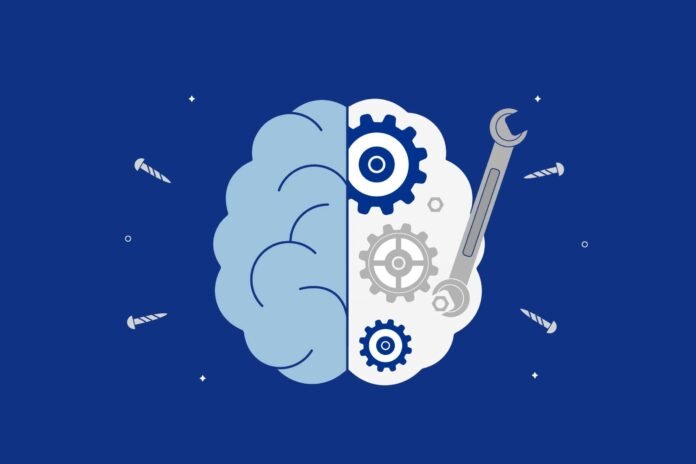In a groundbreaking discovery, a recent study has revealed that humans are capable of responding to verbal stimuli even while they are asleep. This intriguing research has unveiled the fascinating ways our brains continue to function during slumber and how they react to external cues. Although this phenomenon may seem rather perplexing, it offers valuable insights into the complexities of our brains and sleep processes.
This groundbreaking study, led by a team of dedicated researchers, sheds light on the hitherto underexplored aspects of our cognitive abilities during sleep. It challenges conventional wisdom about the passive state of sleep and has significant implications for fields such as sleep medicine, neuroscience, and psychology.
The Study’s Methodology
The study was conducted at a leading sleep research institute and involved a diverse group of participants. Subjects were monitored in a controlled sleep environment, equipped with advanced neuroimaging and monitoring equipment. Researchers focused on the brain’s responses to verbal stimuli during different sleep stages, including rapid eye movement (REM) sleep and non-REM sleep.
During the experiments, participants were exposed to various auditory stimuli, such as spoken words, sentences, and even complex conversations, while their neural activities were monitored. Remarkably, the findings revealed that the participants’ brains displayed discernible patterns of activity in response to these auditory cues, indicating their ability to process and respond to verbal information while in a state of sleep.
The Implications of This Discovery
This newfound understanding of our cognitive abilities during sleep has the potential to revolutionize various fields. It has implications for both medical and therapeutic applications, as well as fundamental research in neuroscience. Here are some key implications:
- Sleep Disorders: Insights into the brain’s responsiveness during sleep could lead to innovative treatments for sleep disorders. Understanding how the brain processes verbal stimuli may help develop interventions for individuals with conditions like sleep apnea or insomnia.
- Dream Research: This study adds depth to our understanding of dreams and their connection to our waking lives. It suggests that external stimuli may influence dream content, potentially leading to a deeper exploration of dream analysis and interpretation.
- Learning and Memory: The ability to process information during sleep could have significant implications for learning and memory consolidation. This discovery may inspire new educational techniques, such as playing educational content to students while they sleep to enhance memory retention.
- Cognitive Processing: By studying the brain’s ability to respond to verbal stimuli during sleep, researchers can gain valuable insights into the neural processes involved in speech comprehension and language processing.
The Broader Questions About Verbal Stimuli
The study also raises broader questions about the nature of consciousness and the boundaries between wakefulness and sleep. Researchers are now delving into more detailed investigations to explore the full extent of our cognitive abilities during different sleep stages. Furthermore, this discovery highlights the need for ethical considerations and guidelines concerning the use of verbal stimuli during sleep.
While the study’s findings are undeniably groundbreaking, there are still many mysteries surrounding the human brain and sleep. As researchers continue to unravel these complexities, the implications for both scientific and practical applications are bound to be far-reaching.
In addition, the ability of our brains to respond to verbal stimuli during sleep is a revelation that challenges our understanding of the sleeping mind. This discovery opens doors to innovative treatments, learning techniques, and deeper insights into the mysteries of the human brain. The study serves as a reminder of the boundless potential of human cognition, even in our most restful moments.

